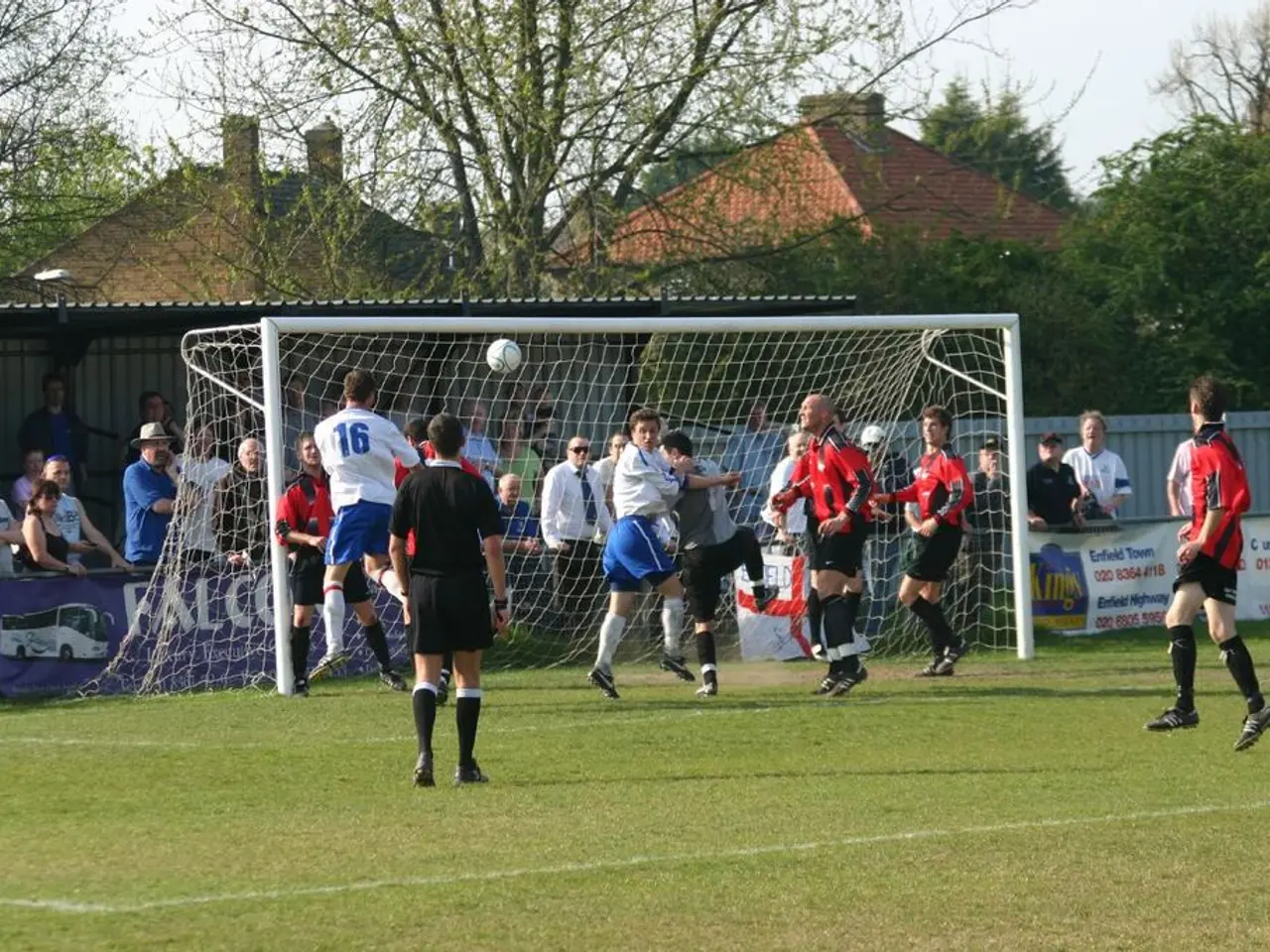Online Hate Speech on the Rise in NRW: Police Crackdown - "It Affects Everyone"
- *
Online Law Enforcement Cracking Down on Internet Hate Speech - "Anyone Could Be Affected" - Internet Hate Crimes: Amenable to Any Individual
Police forces across Germany have been actively targeting suspected perpetrators of hate speech and incitement online. As reported by the Federal Criminal Police Office (BKA), law enforcement agencies in all 16 federal states carried out around 65 search warrants, interrogated numerous suspects, and initiated various investigations nationwide. A significant focus of these efforts addressed politically motivated crimes.
North Rhine-Westphalia's Interior Minister, Herbert Reul (CDU), expressed his views in response to a dpa query, stating, "These digital arsonists can't hide behind their phones or computers." In North Rhine-Westphalia alone, over 14 of the more than 180 cases reported by the BKA were under investigation as part of the action day against hate postings.
Reul criticized the current societal climate, commenting, "Many people seem to have forgotten the difference between hate and opinion." He urged for a stronger societal stance, urging accountability both off and online. "Do what you wouldn't do in the real world, but also digitally," he stressed.
BKA data suggests that the majority of hate speech is linked to the right-wing political spectrum. Right-wing radical statements and criminal insults against politicians are particular areas of concern, although there are also instances from other ideological groups, including the left-wing, religious, and foreign ideology, or cases without clear attribution.
The most common offenses include incitement to hatred, use of unconstitutional symbols, the praise and support of criminal activities, and insults [1,2,3,5]. The number of online hate crimes has been rapidly increasing in recent years, with reported cases surging from approximately 2,411 in 2021 to over 10,732 in 2024 [1,2,3].
Coordinated raids took place in North Rhine-Westphalia at 6:00 AM on multiple locations, including Bielefeld, Bonn, Düsseldorf, Dortmund, Gelsenkirchen, Hagen, Cologne, and Münster [4]. In total, two search warrants were executed, 14 suspects were interrogated, and identification measures were performed. Despite these efforts, no arrests were made in Düsseldorf, according to the Interior Ministry. Most suspects were publicly expressing their views on social media platforms.
Counseling centers for affected individuals have urged social media providers to take more responsive action against hate speech, stating that platforms must prioritize the safety and well-being of their users [4]. Some have criticized large platforms like X or Facebook for their insufficient cooperation and neglect of warnings and reports [3].
The increasing prevalence of online hate speech has deeply affected young people, who are often exposed to it frequently. Many feel helpless and encountered in dealing with digital violence, as reported by Respect and the Hate Aid organization [3]. In some cases, digital violence has escalated into physical harm, causing lifelong consequences for victims [3].
The SPD opposition in the NRW state parliament acknowledged the steps taken against coarsening online but has urged for more decisive action. "An annual action day cannot serve as a mere alibi given the escalating amount of hate and slander spread online," stated Christina Kampmann, the interior policy spokeswoman of the SPD faction in the NRW state parliament.
The fight against hate speech should not be limited to politically motivated crimes but should also focus on violence and insults against women, she emphasized [4]. The SPD politician demanded a significant expansion of countermeasures to address the rise in online hate speech effectively.
- NRW
- North Rhine-Westphalia
- Hate speech
- Police actions
- Düsseldorf
- CDU
- Political ideologies
- Social media
- Online safety
- Young people
- Hate crimes
- The increase in online hate speech has raised concerns about the safety of young people, particularly in North Rhine-Westphalia, as they are often frequent targets of digital violence.
- With the escalating number of politically motivated hate crimes in Germany, the 'Community' and 'Employment' policies should also focus on addressing online hate speech, not just politically motivated crimes, as emphasized by the SPD opposition in the NRW state parliament.





